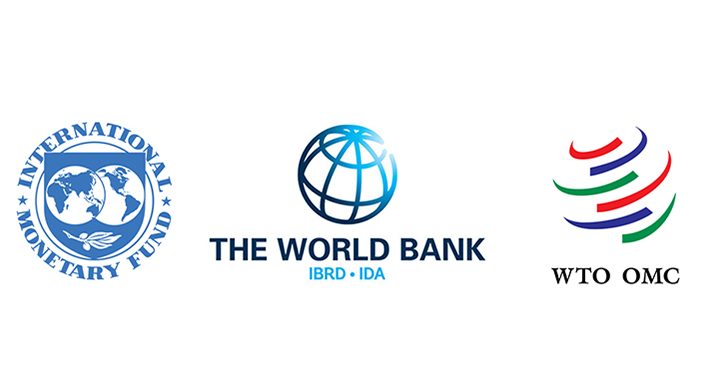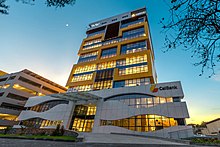Africa: WHO, IMF, World Bank and WTO meet to address vaccine inequity affecting the continent
The major multilateral groups being the World Health Organisation (WHO), World Bank, International Monetary Fund (IMF) and the World Trade Organisation (WTO) have met to address the ongoing vaccine inequity facing the African Continent.
The multilateral institutions met with the leaders of the African Vaccine Acquisition Trust (AVAT), Africa CDC, Gavi and UNICEF to tackle obstacles affecting vaccine supply to the continent and rapidly scale-up vaccines in low- and lower middle-income countries, particularly in Africa.
According to the multilateral institutions, the global rollout of the COVID-19 vaccines is progressing at two alarmingly different speeds with less than 2 percent of adults fully vaccinated in most low-income countries compared to almost 50 percent in high‑income countries.
Low and middle-income countries – the majority of which are in Africa – the WHO says simply cannot access sufficient vaccine to meet even the global goals of 10 percent coverage in all countries by September and 40 percent by end 2021, let alone the African Union’s goal of 70 percent in 2022.
Hence to effectively tackle the acute vaccine supply shortage in low- and lower middle-income countries, and fully enabling AVAT and COVAX, the multilateral institutions have called for the urgent cooperation of vaccine manufacturers, vaccine-producing countries, and countries that have already achieved high vaccination rates to increase the supply of vaccines to low and middle income countries.
Read This: The digital currency race between Nigeria and Ghana – A win-win for AfCFTA?
To ensure that all countries achieve the global goals of at least 10 percent coverage by September and 40 percent by end-2021, the major multilateral institutions agreed to do the following:
- Call on countries that have contracted high volumes of vaccines to swap near-term delivery schedules with COVAX and AVAT.
- Call on vaccine manufacturers to immediately prioritize and fulfill their contracts to COVAX and AVAT, and to provide regular, clear supply forecasts.
- Urge G7 and all dose-sharing countries to fulfill their pledges urgently, with enhanced pipeline visibility, product shelf life and support for ancillary supplies, as barely 10% of nearly 900 million committed doses have so far been shipped.
- Call on all countries to eliminate export restrictions and any other trade barriers on COVID-19 vaccines and the inputs involved in their production.
“We are in parallel intensifying our work with COVAX and AVAT to tackle persistent vaccine delivery, manufacturing and trade issues, notably in Africa, and mobilize grants and concessional financing for these purposes. We will also explore financing mechanisms to cover future vaccine needs as requested by AVAT.
“We will advocate for better supply forecasts and investments to increase country preparedness and absorptive capacity. And we will continue to enhance our data, to identify gaps and improve transparency in the supply and use of all COVID-19 tools,” stated a joint statement by the WHO, WTO, IMF and World Bank.








